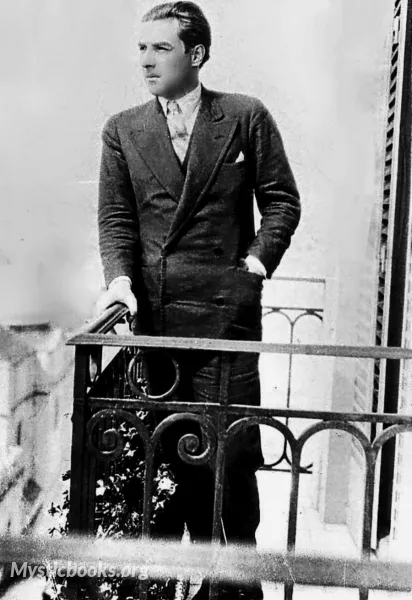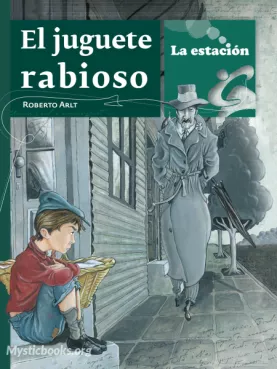
Timeline
Title
Country/Nationality
Roberto Arlt
Roberto Arlt, a prominent Argentine writer, left an indelible mark on the literary landscape of the 20th century. Known for his provocative and gritty storytelling, Arlt dared to challenge societal norms and explore the complexities of human existence. In this comprehensive essay, we delve into the life, principles, notable works, and enduring legacy of Roberto Arlt, shedding light on his philosophy and the lasting impact he has had on literature.
Who Was Roberto Arlt?
Roberto Arlt (1900-1942) was an Argentine writer, playwright, and journalist. Born in Buenos Aires, he experienced a childhood marred by poverty and adversity. His early struggles greatly influenced his writing, leading him to become a keen observer of society and a voice for the marginalized.
Arlt's writings were characterized by a raw and unfiltered portrayal of urban life, dissecting the human condition and exposing the underbelly of society. He rejected the romanticized ideals of literature prevalent at the time and instead focused on depicting the struggles, frustrations, and existential dilemmas faced by individuals living on the margins of society. Arlt's works explored themes of social inequality, class conflict, alienation, and the pursuit of identity.
Arlt's most famous novel, "The Seven Madmen" (1929), stands as a cornerstone of Argentine literature. It delves into the psyche of a madman, exploring the disintegration of his sanity and the distorted reality he inhabits. The novel's sequel, "The Flamethrowers" (1931), further delves into the chaotic and corrupt nature of society, challenging conventional norms and exposing the flaws of the human condition.
Another notable work by Arlt is the play "Tough Guy's Honey" (1931), a searing critique of societal expectations and the pressure to conform. Through its compelling characters and gritty dialogue, the play highlights the struggles faced by individuals trapped in a world that denies them agency and authenticity.
Arlt's philosophy can be best understood through his commitment to portraying the unvarnished truth of human existence. He rejected idealism and embraced a realism that explored the darker aspects of society. Arlt believed in the power of literature to provoke thought, ignite change, and challenge established norms. His works aimed to expose the contradictions and hypocrisies of society, urging readers to confront uncomfortable truths.
Roberto Arlt passed away in 1942 at the age of 42, leaving behind a body of work that continues to resonate with readers and scholars alike. His unique literary style, marked by its intensity and socio-political critique, has cemented his status as one of Argentina's most influential writers.
Arlt's impact extends beyond his own writings, as his uncompromising approach to storytelling influenced subsequent generations of writers. His influence can be seen in the works of renowned Argentine authors such as Julio Cortázar and Ernesto Sabato.
Today, Roberto Arlt is remembered as a literary icon who fearlessly confronted societal conventions and exposed the struggles of the human spirit. His legacy serves as a testament to the power of literature to challenge, provoke, and inspire, making him an enduring figure in the literary canon.
Despite having limited formal education, Arlt was an avid reader and largely self-taught. He worked as a journalist throughout his life, using his experiences and observations to inform his literary works. Arlt's works faced censorship and criticism during his lifetime due to their controversial themes and unconventional style.
Books by Roberto Arlt

El juguete rabioso
"Adéntrate en las calles crudas de Buenos Aires y embárcate en un salvaje viaje a través de la mente turbulenta de un joven desilusionado en la cautivadora novela de Roberto Arlt, El juguete rabioso." En El juguete rabioso, Roberto Arlt nos presenta...